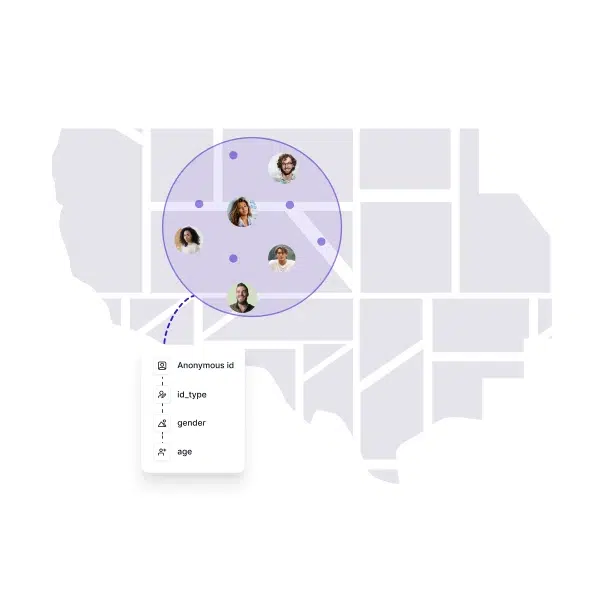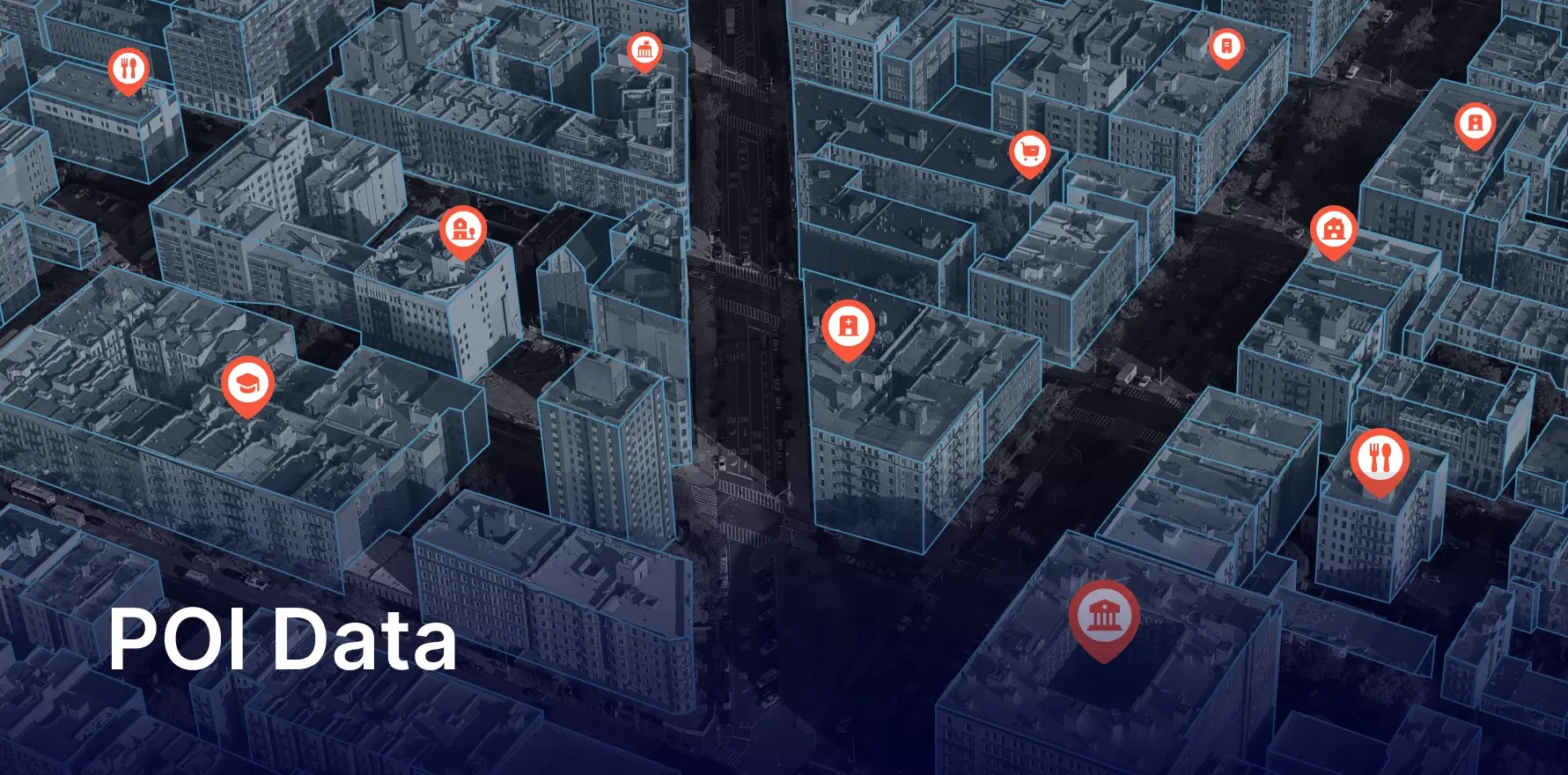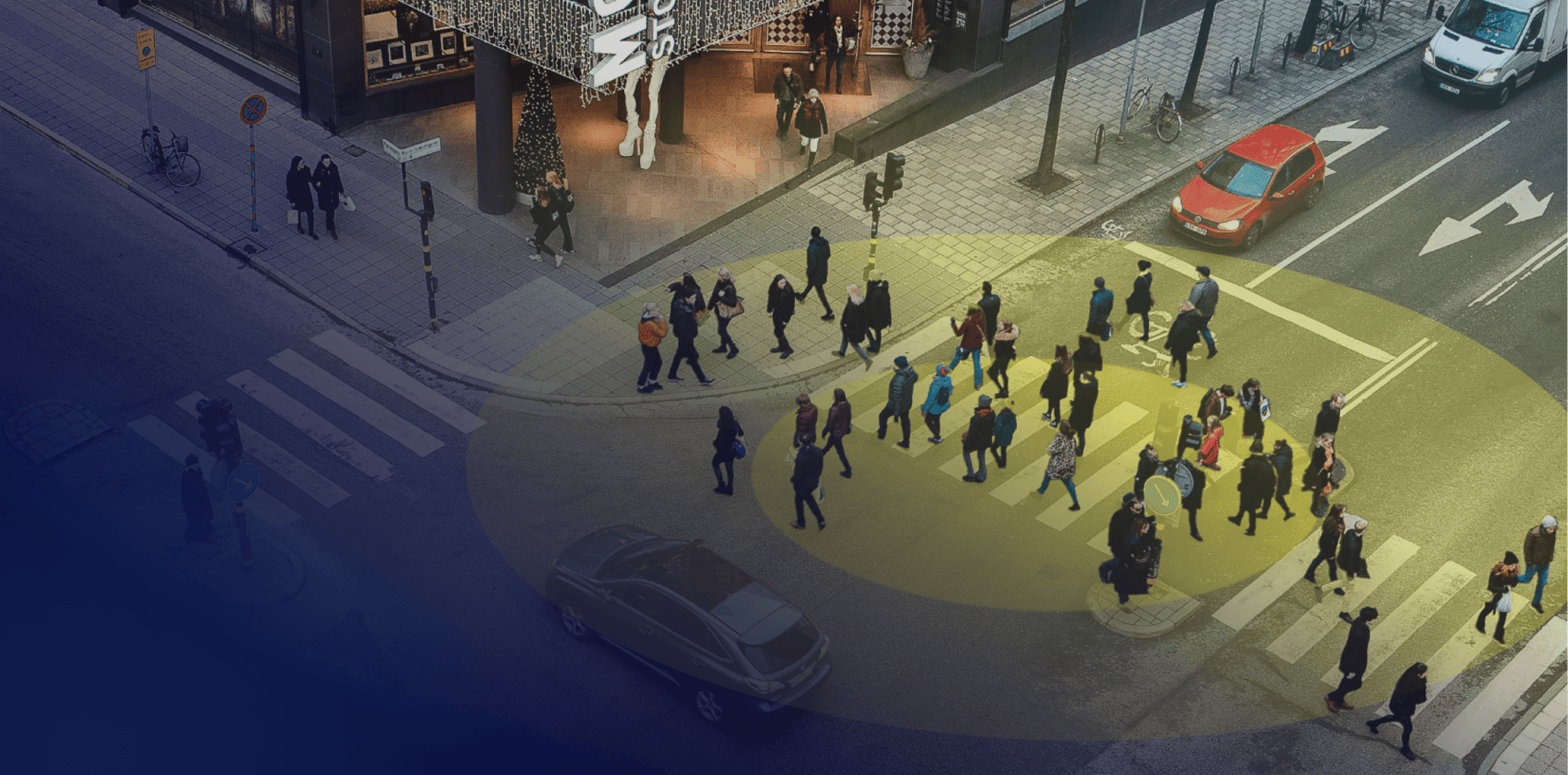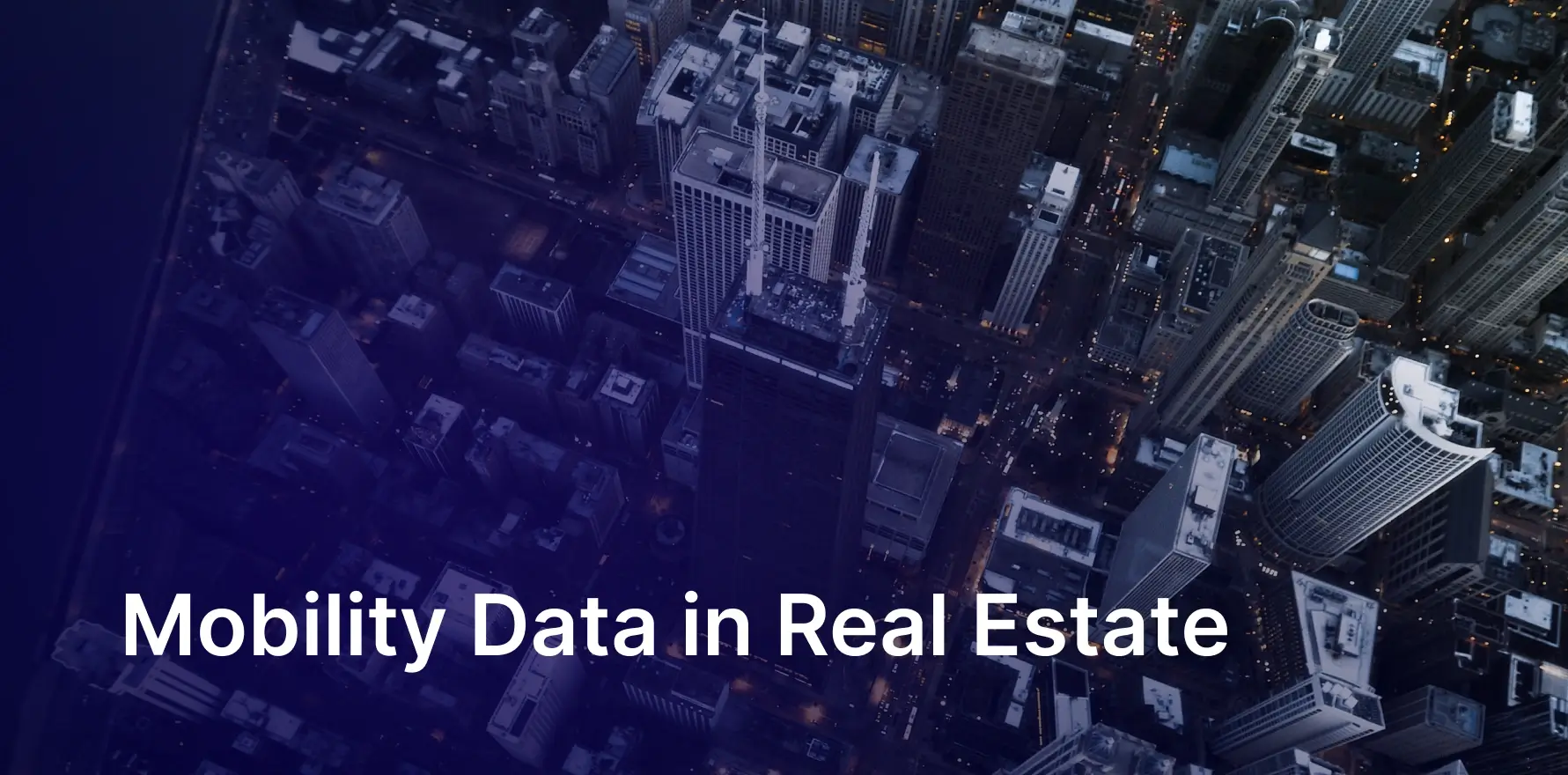People data has become an invaluable resource for businesses across various industries. It allows companies to gain deeper insights into customer behavior, improve decision-making, and tailor strategies to specific audience segments.
Below, we explore some of the most impactful use cases of people data across different sectors.
Key Use Cases of People Data Across Industries
1) Marketing and Advertising
a) Precision Targeting
People data allows marketers to finely tune their audience segmentation. By categorizing consumers based on demographics, behaviors, and preferences, marketers can craft highly targeted campaigns that resonate with specific groups. This precision targeting leads to increased engagement and more effective advertising efforts.
b) Enhanced Personalization
Marketers can use people data to deliver highly personalized experiences. Whether through tailored content, customized offers, or relevant product recommendations, personalization driven by people data enhances customer satisfaction and boosts conversion rates.
2) Retail and E-commerce
a) Optimizing Customer Experience
Retailers leverage people data to create personalized shopping experiences. By understanding consumer preferences and behaviors, they can offer product suggestions, personalized promotions, and a more seamless shopping journey. This tailored approach not only improves customer satisfaction but also drives sales.
b) Footfall Analysis
Retailers use people data to analyze foot traffic patterns across different locations. By understanding when and where customers are most active, retailers can optimize store layouts, staffing, and inventory management, ultimately enhancing the overall customer experience.
3) Financial Services
a) Risk Management
In financial services, people data plays a crucial role in assessing the risk profiles of individuals. By analyzing a combination of demographic and behavioral data, financial institutions can make more informed decisions when it comes to lending, credit approvals, and insurance policies.
b) Predictive Sales Analysis
Financial institutions use people data to predict consumer spending habits and sales trends. By analyzing past behaviors and current patterns, they can forecast future sales and make more accurate financial planning decisions.
4) Healthcare
a) Personalized Patient Care
Healthcare providers use people data to offer personalized care tailored to an individual’s medical history, lifestyle, and preferences. This data-driven approach ensures that patients receive the most effective treatments and care plans.
b) Population Health Insights
People data is essential for managing population health. By analyzing demographic and behavioral data, healthcare providers can identify health trends, predict potential outbreaks, and allocate resources more effectively
5) Human Resources
a) Talent Acquisition
HR departments utilize people data to enhance their recruitment strategies. By understanding the skills, experience, and cultural fit of potential candidates, they can identify and attract top talent more effectively.
b) Boosting Employee Engagement
People data helps HR teams monitor employee engagement levels and satisfaction. By analyzing this data, they can develop strategies to improve workplace culture, productivity, and employee retention.
Government and Public Sector
a) Optimizing Public Services
Governments use people data to tailor public services to the needs of different population segments. By understanding the demographics and behaviors of their citizens, they can ensure that resources are allocated efficiently and programs are effectively delivered.
b) Data-Driven Policy Development
People data informs the development of policies by providing insights into citizen needs, preferences, and behaviors. This data-driven approach enables governments to craft policies that are more aligned with the realities of their populations.
Note – We as a Factori provides Free People Data Sample along with its attributes. Please check!
As businesses and governments continue to recognize its value, the strategic use of people data will remain a cornerstone of success in an increasingly data-driven world. Read more about people data and its future trends.
Conclusion
People data is a powerful tool that drives innovation and efficiency across industries. Whether it’s enhancing customer experiences, improving financial risk assessments, personalizing healthcare, or optimizing public services, the applications of people data are vast and varied.
You may also like








